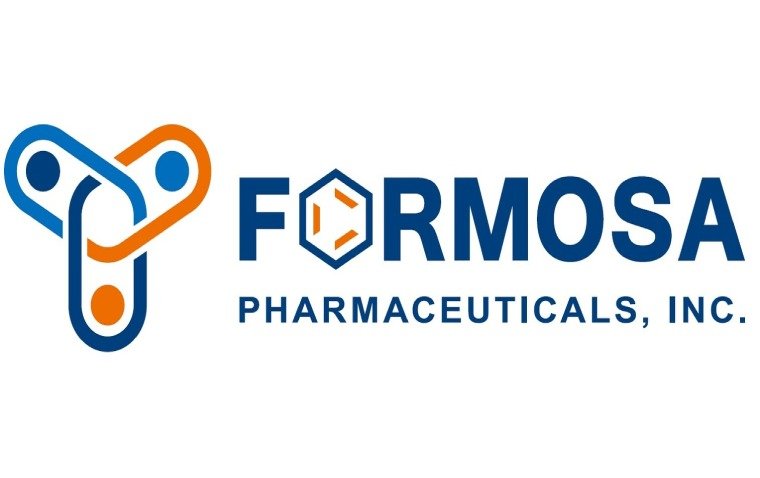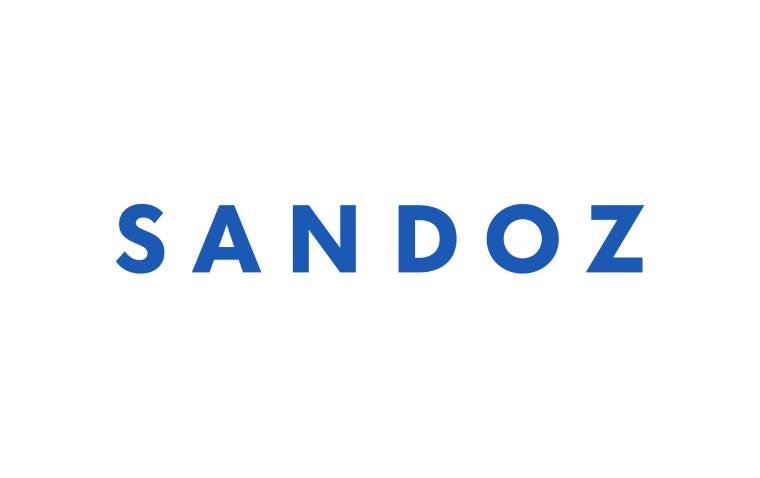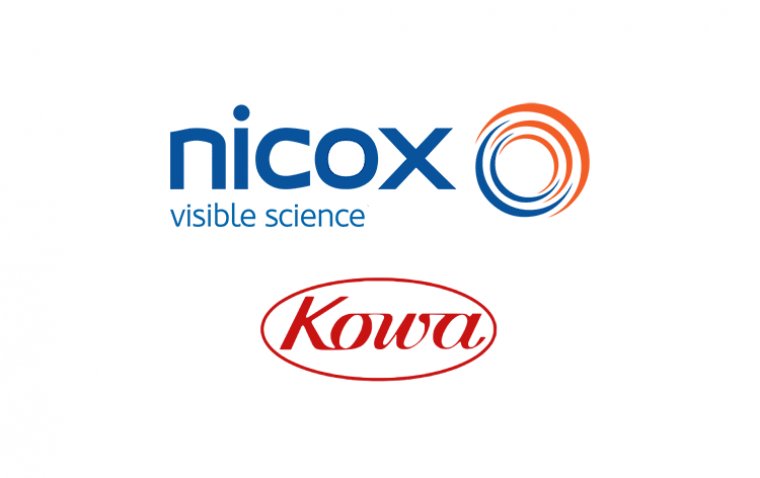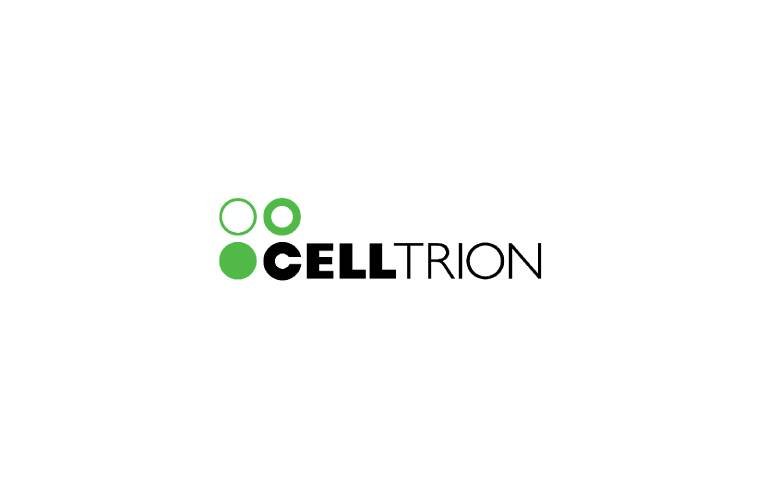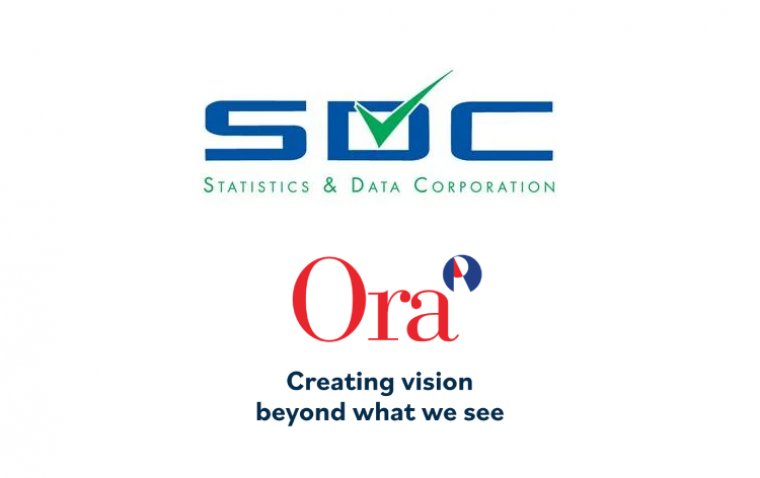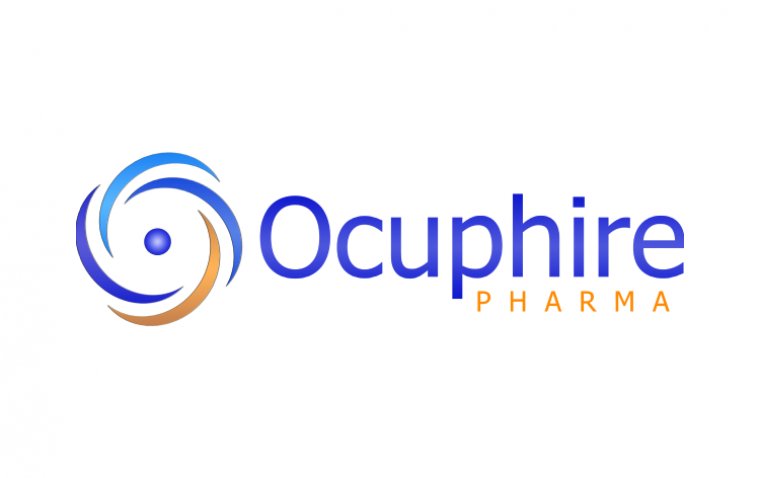
FDA Greenlights Ocuphire's Phase 3 Trial for Treatment of Decreased Visual Acuity Under Mesopic Light Conditions
In a recent announcement, Ocuphire Pharma disclosed that it has secured approval from the U.S. Food and Drug Administration (FDA) under a special protocol assessment (SPA) for the clinical trial protocol and planned statistical analysis of its LYNX-2 phase 3 trial.
This trial aims to evaluate the efficacy of phentolamine ophthalmic solution for the proposed indication in the treatment of decreased visual acuity under dim (mesopic) light conditions.
"The SPA agreement with the FDA provides a clear regulatory path for phentolamine ophthalmic solution in patients with poor night vision after keratorefractive surgery," stated George Magrath, MD, MS, CEO of Ocuphire, in a company news release. "Preparations for the LYNX-2 phase 3 trial have begun, and we anticipate patient enrollment to begin in the first quarter of 2024."
Ocuphire received written confirmation from the FDA, affirming that the clinical trial protocol and planned statistical analysis of the LYNX-2 phase 3 trial could effectively address objectives supporting regulatory submission and a potential future marketing application in this specific indication. LYNX-2 is slated to be a multi-center, randomized, double-masked, placebo-controlled phase 3 trial designed to assess the safety and efficacy of phentolamine ophthalmic solution in up to 200 patients in the United States. The agreed primary endpoint will be a gain of 3 lines (or 15 letters) or more of distance vision improvement on a low contrast chart in dim light conditions after 15 days of dosing.
Under the terms of the license agreement signed in November 2022, Viatris will be responsible for funding the development of phentolamine ophthalmic solution for the treatment of decreased visual acuity under dim (mesopic) light conditions and presbyopia. Ocuphire stands to receive a milestone payment upon FDA approvals in these indications.
“Patients with night vision disturbances face a range of symptoms including glare, halos, starbursts and reduced contrast which affect the quality of vision especially while driving at night,” said Marguerite McDonald, MD, FACS, Clinical Professor of Ophthalmology at New York University’s Langone Medical Center and Tulane University Health Sciences Center.
“Currently, there are no FDA-approved pharmacologic therapies to treat this condition that is routinely presented in our clinics. As someone who has been involved with the development of phentolamine for over 15 years, I am hopeful that we might be closer to a treatment than ever and applaud Ocuphire for their commitment to developing a treatment for the keratorefractive patients using phentolamine ophthalmic solution 0.75% to reduce the pupil diameter without engaging the ciliary muscle. A distinct attribute of phentolamine ophthalmic solution compared to other miotics in the class is that it does not make the pupil too small, which can decrease contrast and degrade vision,” she added.
(1).jpg)

